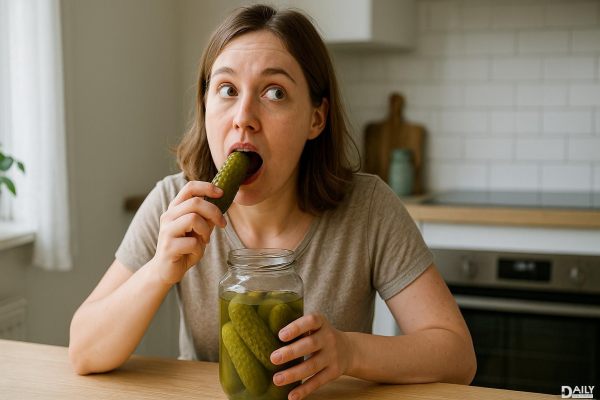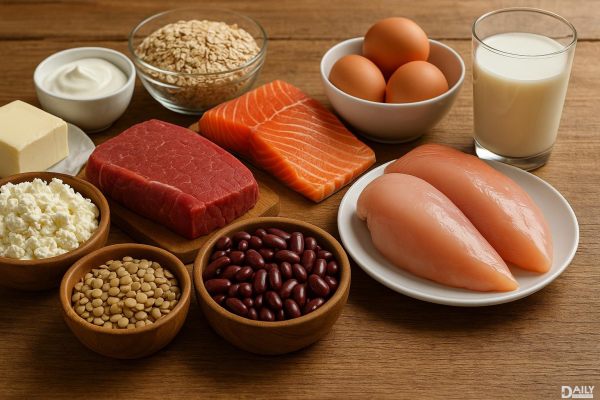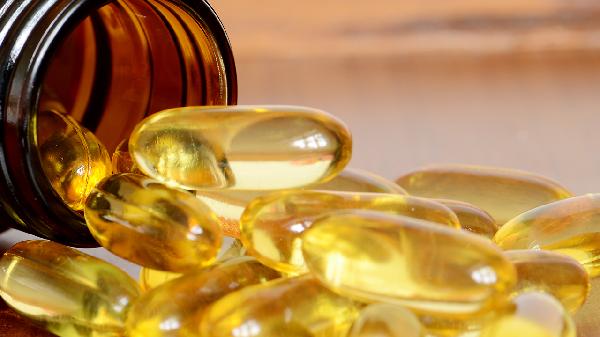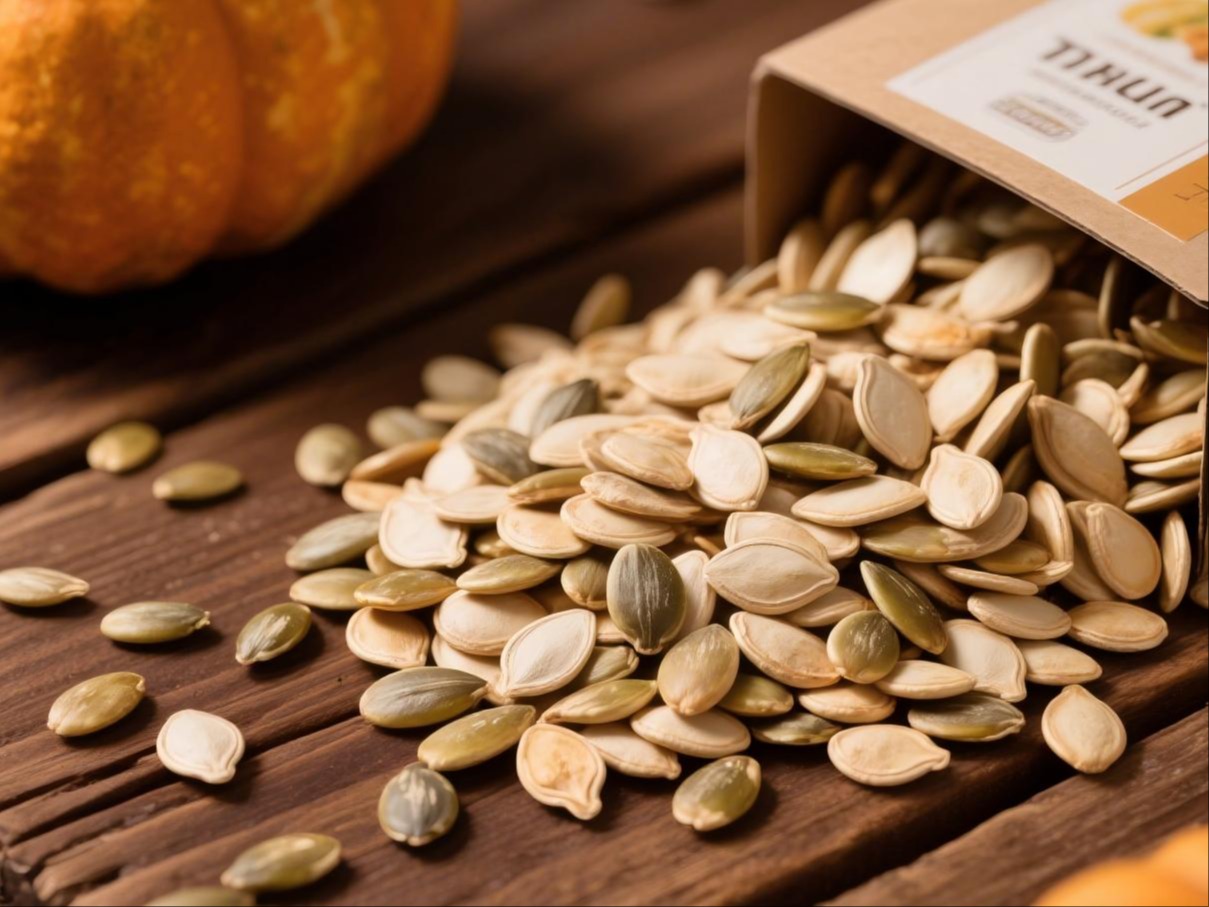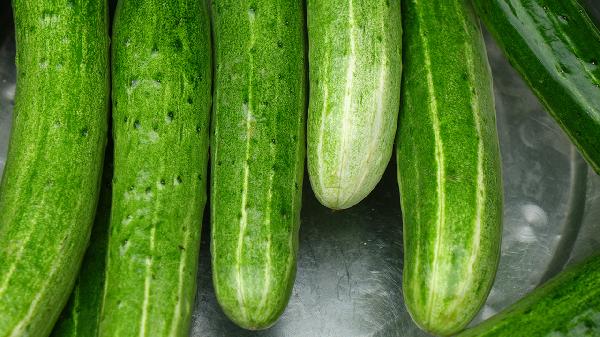The coffee loophole diet is the latest viral weight-loss trend taking over TikTok, promising quick fat loss by spiking your morning brew with ingredients like cinnamon, lemon juice, and cayenne pepper. Proponents claim chugging this concoction within seven seconds of hunger pangs will turbocharge metabolism and melt belly fat. But before you start dumping spices into your coffee, let’s break down why this "loophole" might be more of a trap than a magic bullet.
The Science (or Lack Thereof) Behind the Coffee Loophole Diet
Here’s the hard truth: There’s zero credible research backing the coffee loophole diet. While coffee itself has well-documented benefits—like improved focus and a modest metabolic boost—adding random spices won’t suddenly turn your latte into a fat-burning elixir. "These ingredients aren’t consumed in doses high enough to impact metabolism," says Courtney Pelitera, RD. In other words, sprinkling cinnamon into your cup isn’t the same as taking a clinically studied supplement. The "seven-second rule" is pure social media folklore, with no basis in physiology. Hunger signals don’t disappear because you gulped a spicy coffee in record time.
Digestive Drama: Why Your Stomach Might Rebel
If you’ve ever had heartburn after coffee, brace yourself—this diet could crank it up to eleven. Coffee already irritates some people’s stomachs due to its acidity, but adding cayenne pepper? That’s like throwing gasoline on a fire. Capsaicin, the compound that gives chili peppers their heat, triggers pain receptors in the gut, leading to bloating, cramping, and even nausea for sensitive folks. Turmeric, another trendy add-in, can cause similar issues in high doses. And let’s not forget the potential for… let’s call it "bathroom urgency." Coffee’s natural laxative effect plus gut-irritating spices? Not a combo for the faint of heart (or stomach).
The Hunger Games: Why Liquid Diets Backfire
Replacing meals with spiked coffee might lead to short-term weight loss, but it’s a shaky strategy. "Liquid diets often trigger rebound binge eating because they don’t satisfy hunger long-term," warns Dena Champion, RD. Skipping solid food means missing out on fiber, protein, and nutrients that keep you full and energized. Plus, extreme restriction slows metabolism over time, making it harder to maintain weight loss. Think of it like a credit card: You might "save calories" now, but your body will demand repayment later—with interest.
Better Brews: Smart Swaps for Real Results
Want to harness coffee’s benefits without the gimmicks? Try these dietitian-approved tweaks: But remember: Coffee’s a sidekick, not the hero. "Sustainable weight loss comes from balanced meals, not hacking your hunger with caffeine," says Pelitera.
The Bigger Picture: Why Quick Fixes Flop
The coffee loophole diet thrives on the same fantasy as most fads—that weight loss should be fast, easy, and require zero lifestyle changes. But real results come from consistency, not viral stunts. Prioritize sleep (skimping spikes hunger hormones), strength training (muscle burns more calories at rest), and stress management (cortisol loves belly fat). As Champion puts it: "If a diet sounds too good to be true, it probably is—especially if it involves chugging cayenne-laced coffee on an empty stomach."
At the end of the day, the only "loophole" here is the one bypassing common sense. Enjoy your coffee, but don’t expect it to replace real nutrition. As with most TikTok trends, this one’s best left to the algorithm—not your breakfast routine.

